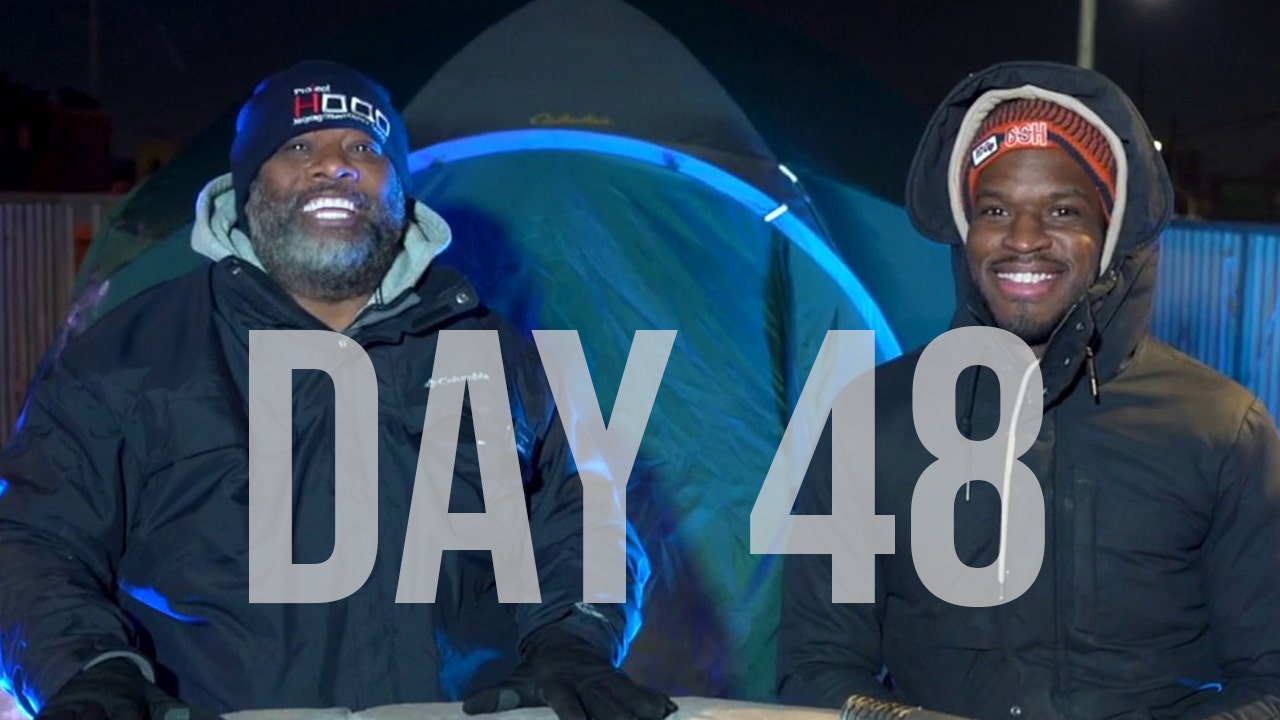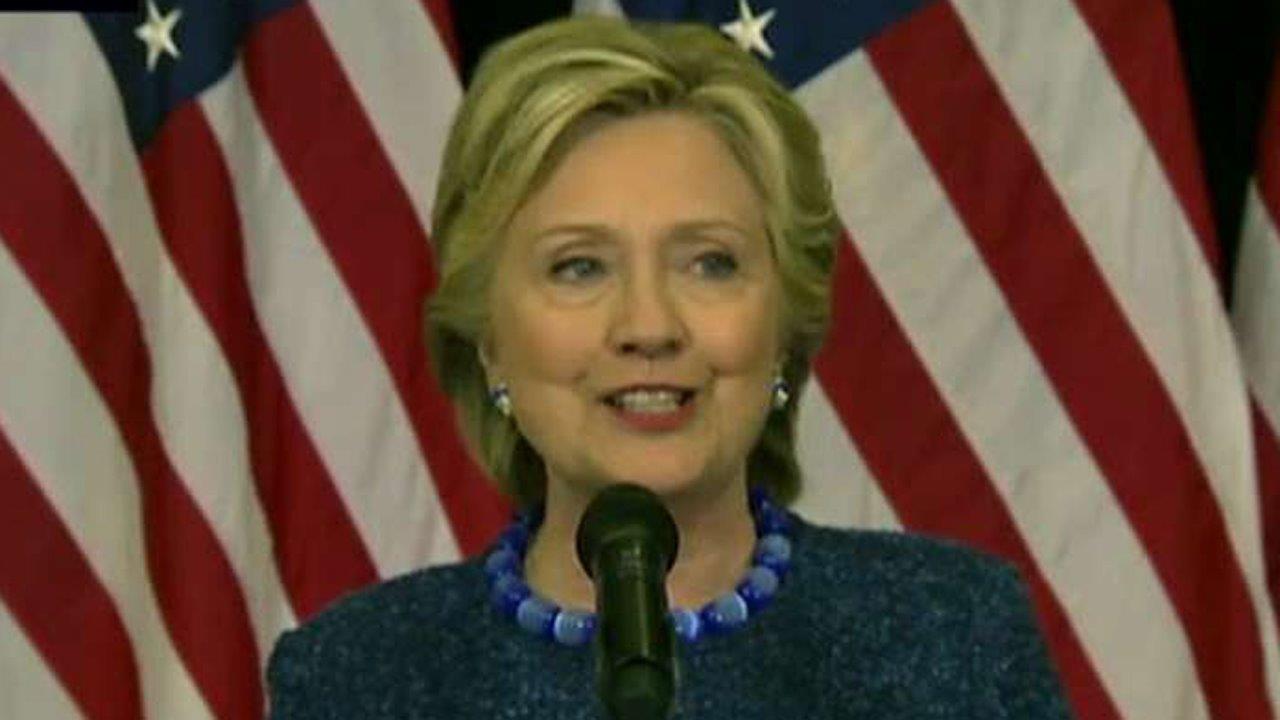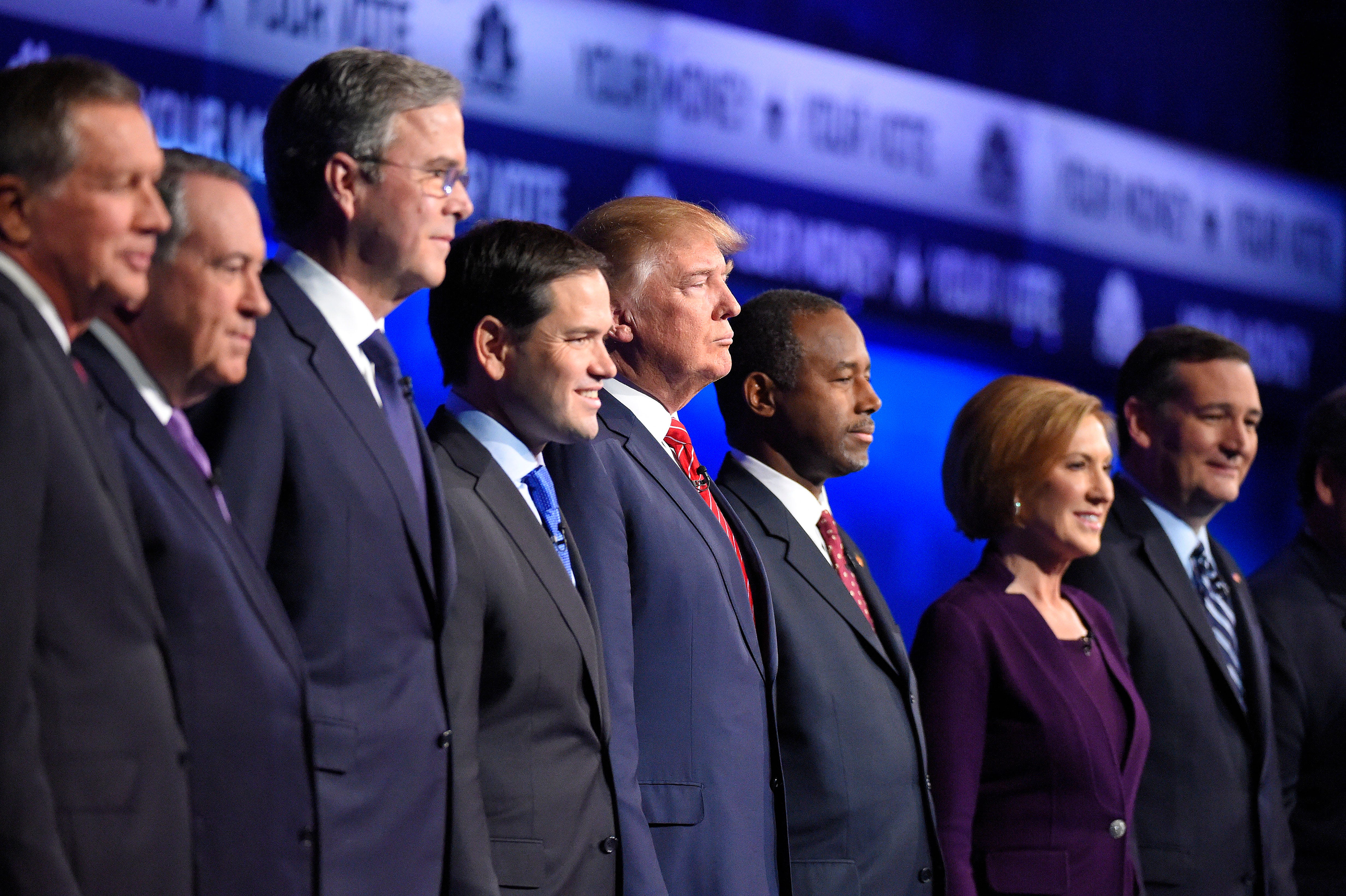Presidential reelection campaigns are always about the incumbent – serving as a referendum of that President’s performance in office and the results of their policies. It’s a choice election. It’s not about the challenger. What the incumbent tries to do is to make the other “choice” unacceptable, resulting in the incumbent’s reelection.
Recent history bears this out.
In 1980 Jimmy Carter ran against an electable, acceptable, sunny candidate in Ronald Reagan at a time when inflation and unemployment were soaring. He lost.
In 1984 Ronald Reagan made Walter Mondale into an unacceptable liberal and Americans were willing to stick with Reagan, with his coalition of “Reagan Democrats” standing by him. He won 49 states.
The 1992 and 1996 elections have an asterisk – a third party candidate (Ross Perot) siphoned reliable votes away first from the Republican president (George H.W. Bush) and then the Republican Party nominee (Bob Dole), helping Bill Clinton win two terms without ever winning a majority of the vote.
However, in 1992 President George H.W. Bush lost his base by breaking his famous “no new taxes” pledge. That, coupled with high unemployment soured the country on him and made it possible for a genial, baby boom generation, comeback kid to win the White House.
Four years later, Clinton triangulated and moved to the middle, working with the Republican Congress and swamping an unimaginative Dole-Kemp campaign at a time when the public believed that country was headed in the right direction. Clinton was the first Democratic president to win reelection in 40 years.
The 2004 election is a classic example of the incumbent realizing his weaknesses and making his challenger unacceptable. Through the “Swift Boat’ ads against Massachusetts Senator John Kerry, video of the candidate’s repeated flip-flops and even an unfortunate photo of Kerry wind surfing, President George W. Bush overcame a tough reelection climate to eke out a 60,000 margin of victory in Ohio, earning him the second term that eluded his father.
These examples tell us many instructive things about 2012.
Incumbents are either strong or weak going into their reelections and they always attempt to define their opponents in ways that make them unelectable.
But I suspect the 2012 campaign will be waged on only two issues: the economy and a referendum on ObamaCare.
Consider that, as Virginia Attorney General Ken Cuccinelli has already predicted, the Supreme Court will likely announce their decision on the constitutionality of Obama’s sweeping health care law on the last Monday in June next year. Such a time frame will likely be after the GOP nominee has been chosen but before the national party conventions, during the summer when the presidential general election campaign is not yet being waged ferociously.
No matter what decision is rendered, ObamaCare is guaranteed to burn white hot as an issue on the campaign trail in 2012.
Only after the 2012 election, if Barack Obama does win a second term as president, we will we know for sure if he was successful tactically.
However, his ultimate success or failure can be foretold by four discrete statistics – and the first two directly impact the second two.
By Labor Day of 2012, President Obama will have to play the cards he has dealt on the national unemployment rate and on the price of a gallon of gas.
Both subjects present tangible, simple numbers that have a direct impact on Americans personally and psychologically. Labor Day is the timeframe when, after summer vacations are over and children return to school, parents (likely voters) begin paying greater attention to the candidates. That’s when opinions firm up, information takes hold, and impressions become difficult to change.
If, as is not just possible, but even likely, President Obama is dealt a hand that has unemployment over 8 percent and the price of gasoline at $3 a gallon, Americans are likely to view their own economic future pessimistically and give the other candidate, if acceptable to the broad middle, a chance to run the country.
No incumbent president since FDR has won reelection with unemployment over 7.2 percent and today unemployment is 9.2 percent, as today’s dismal jobs report indicated. Gas prices were $1.68 when Obama took over, and today the national average is $3.59, more than double.
While some statistics lie, these don’t.
Those two statistics will directly impact the so-called “Right Track, Wrong Track” number, which indicates what Americans believe about the direction the country is headed. Economic opportunity is political destiny. If unemployment and gas prices are high, the wrong track number will be the majority view, as it is today. A recent poll released by the non-profit Let Freedom Ring, for whom, in full disclosure, I have consulted, pegged the wrong track number at 60 percent in a 1,000 personal national survey in mid-June.
Add up gas prices, national unemployment, and the wrong track number and blend them together – you will get the reelect number. If an incumbent, whether running for State Representative, Congress or President is under 50 percent for reelection, the overwhelming majority of the time they lose.
Incumbents don’t win undecided voters at the end because the voters already know them and have made up their mind. A known candidate they don’t yet support is less appealing than an unknown candidate they just might like better.
As former Texas Senator Phil Gramm once said, “The only vote you can count on is when they say, ‘I will not vote for you.’” Negativity drives voter action and when incumbents are polling below 50 percent in their reelection, there’s a lot of negativity about them.
Currently, President Obama is an even shot for reelection. At this point, it could go either way.
But I suspect we will know by Labor Day 2012 where this is headed. While some politicians might lie, the numbers and history, don’t.
Matt Mackowiak is a Republican political consultant based in both Washington and Austin. He is president of Potomac Strategy Group, LLC. He has been an adviser to two U.S. senators and one governor, and has worked on two successful election campaigns. He can be reached at matt@potomacstrategygroup.com.








Leave a Reply